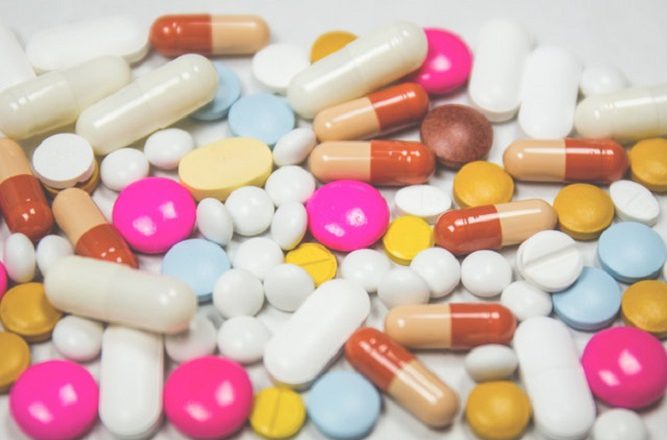The urge to punish is not only about revenge – unfairness can unleash it, too
Imagine you and your friend are at a party and someone orders pizza. You’re starving. You put a couple of slices on your plate and sit down at the table. Before you start eating, you excuse yourself to wash your hands.
On your way back from the bathroom, you look across the room just in time to see your friend grab one of the slices off your plate and start to eat it. This would probably make you mad, right? You might even feel an urge to get back at them somehow.
Now imagine a slightly different scenario. You and your friend are at the same party but before you have the chance to get pizza, you excuse yourself to wash your hands. While you’re gone, the pizza is served and your friend grabs a couple slices for themself but only one for you.
This would also probably make you kind of mad,...




